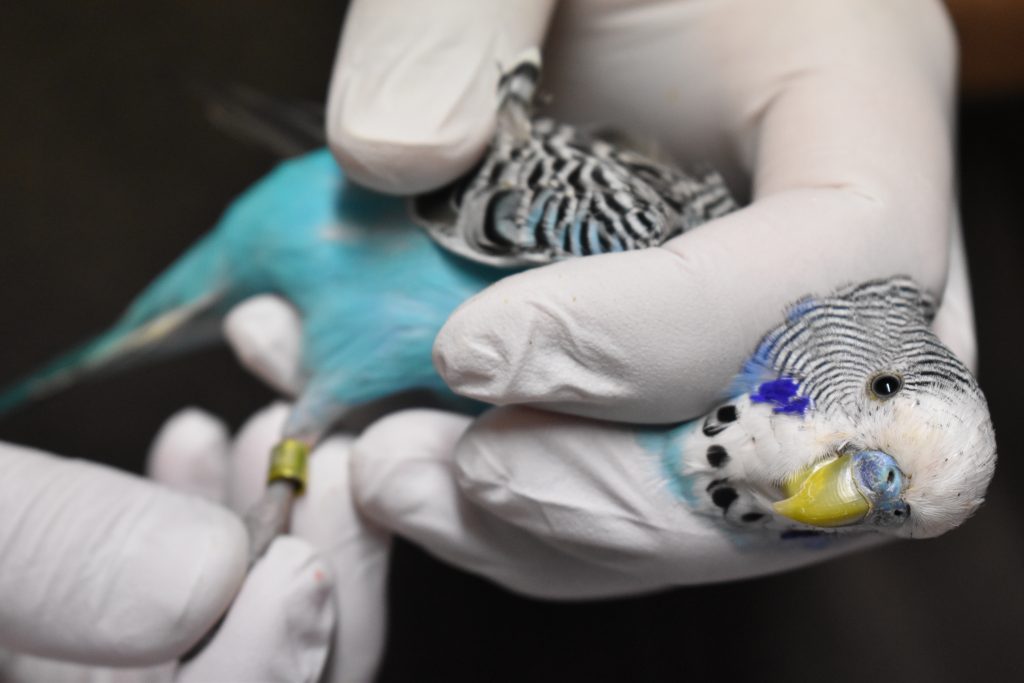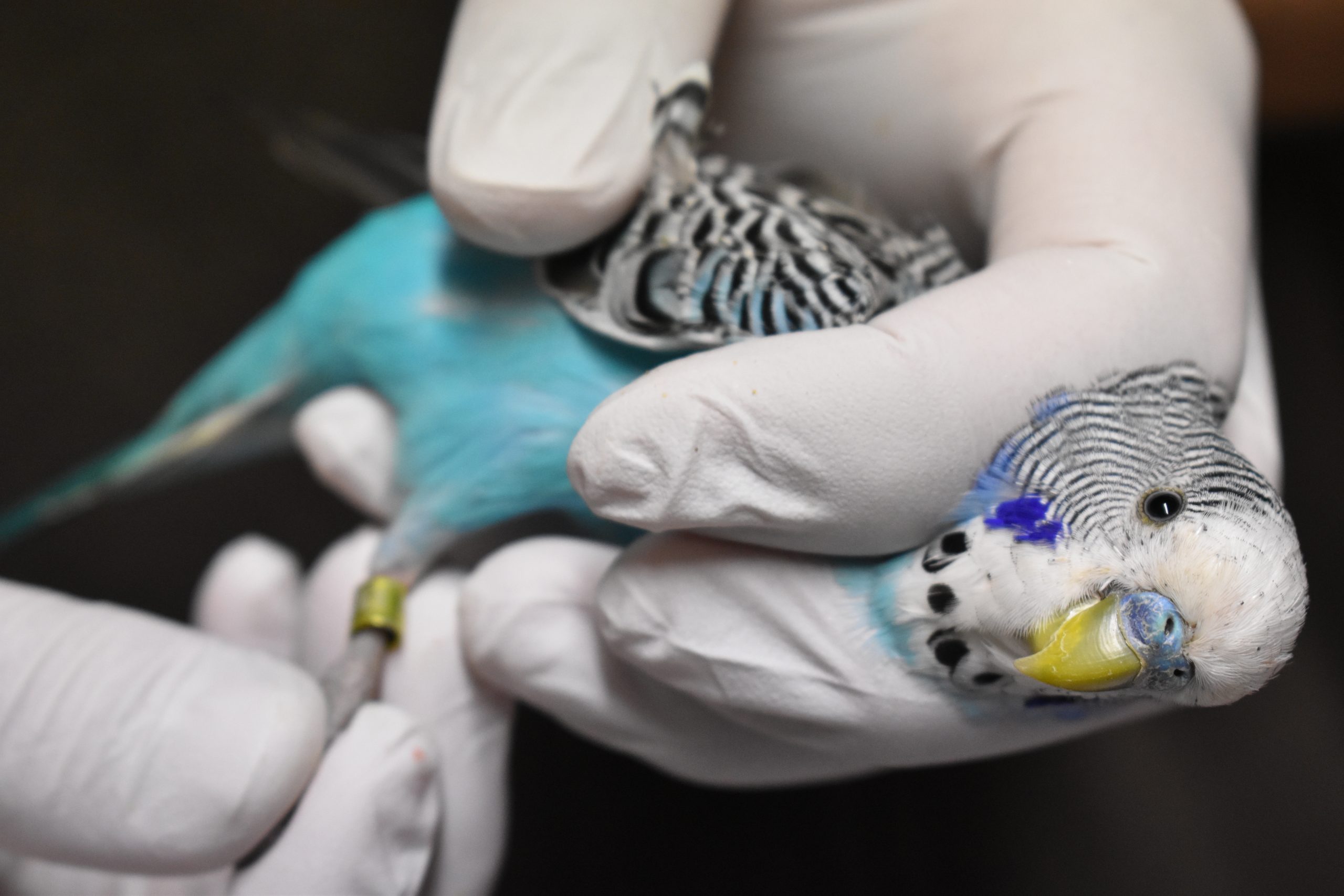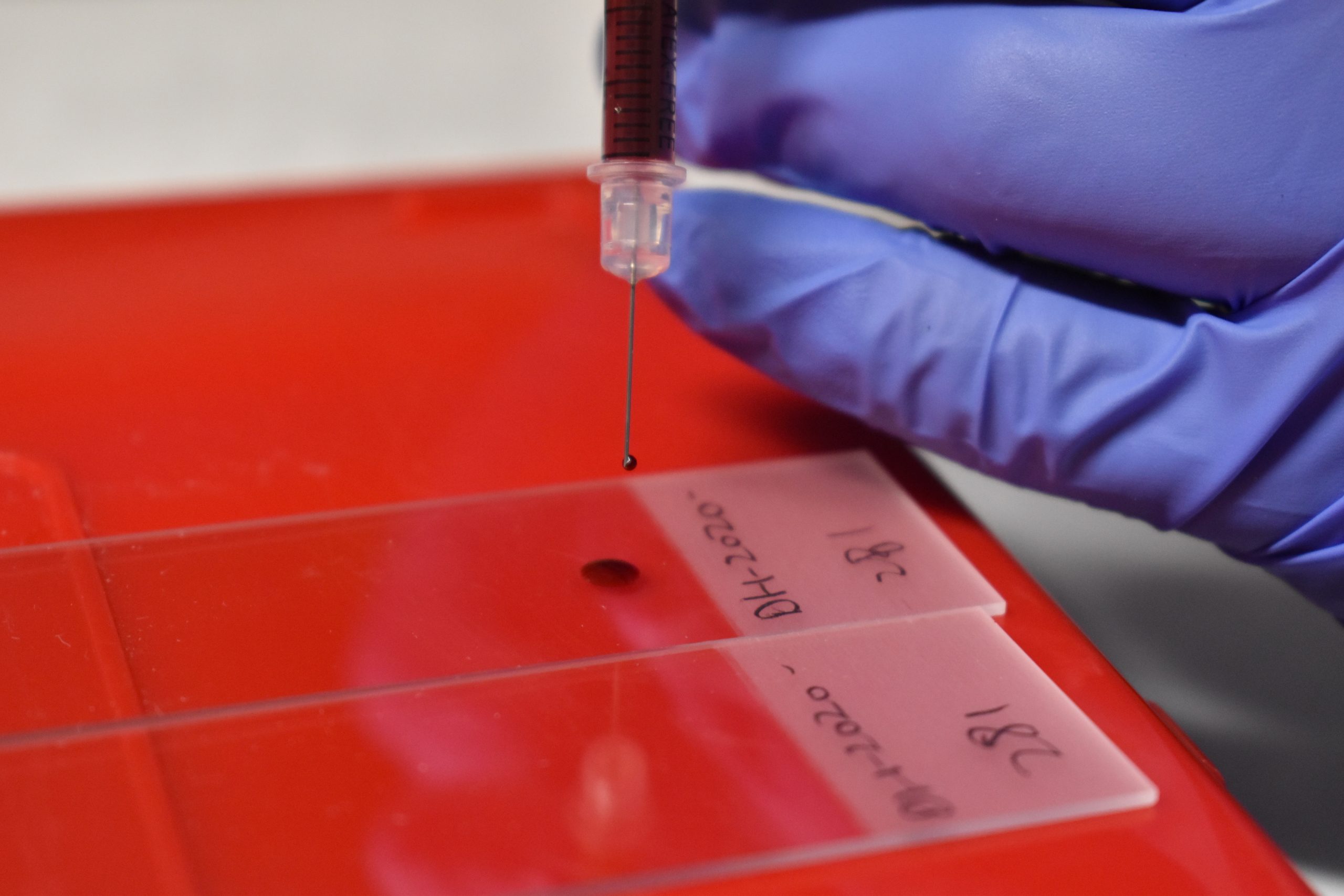Welcome to the Laboratory for Evolutionary and Ecological Immunology
Research area
Comparative animal immunology.
Evolutionary immunogenetics.
Functionally relevant physiological variation in the ecological context.
Effects of pollutants on animal health.
About us

Excellence
Genetics of evolutionary adaptations in immunity leading to animal disease resistance:
- Using evolutionary concepts for functional predictions of the molecular phenotypes
- Analysis of immune defence variation across biological levels (transcriptomic, proteomic, cellular and organismal)
- Immunology of inflammation in birds

Mission
Health is conditioned by a heritable component of disease resistance in interaction with environmental effects. Our research in evolutionary and ecological immunology explains both these components. Ultimately, we aim to apply the understanding of evolutionary processes modulating animal immunogenetic variability to the prediction of disease susceptibility across species and populations. Taking the advantage of cutting-edge approaches integrating biodiversity-based evolutionary analysis with structural modelling, transcriptomics, proteomics, microbiota investigation as well as cell and organismal biology, we reveal novel relationships between genotypes and phenotypes in non-model organisms, namely in birds. Part of our research investigates the environmental impacts of human activity on animal health. While primarily conducting basic research, our research topics bring zoological and ecological research towards practical applications searching for natural solutions of the global challenges.

Bird focus
While extensive research has been conducted in immunobiology across a wide range of mammalian species, immunological variation in non-poultry birds is rarely investigated. This is despite many avian species serving as pets, potential disease reservoirs or established models in evolutionary ecology. Birds also form a vertebrate lineage that evolved homoiothermy and other important adaptations in parallel to mammals. Therefore, bird research can provide key insights into fundamental evolutionary principles driving disease susceptibility in humans and domestic animals. Presently, we focus mainly on passerines and parrots (Psittacopasserae), because of their high levels of species diversity and radiated ecology related to diversified immunogenetic variation. Passerines and parrots have been vastly neglected in molecular immunological investigation, but with some of their adaptations including intelligence or longevity resemble humans.



